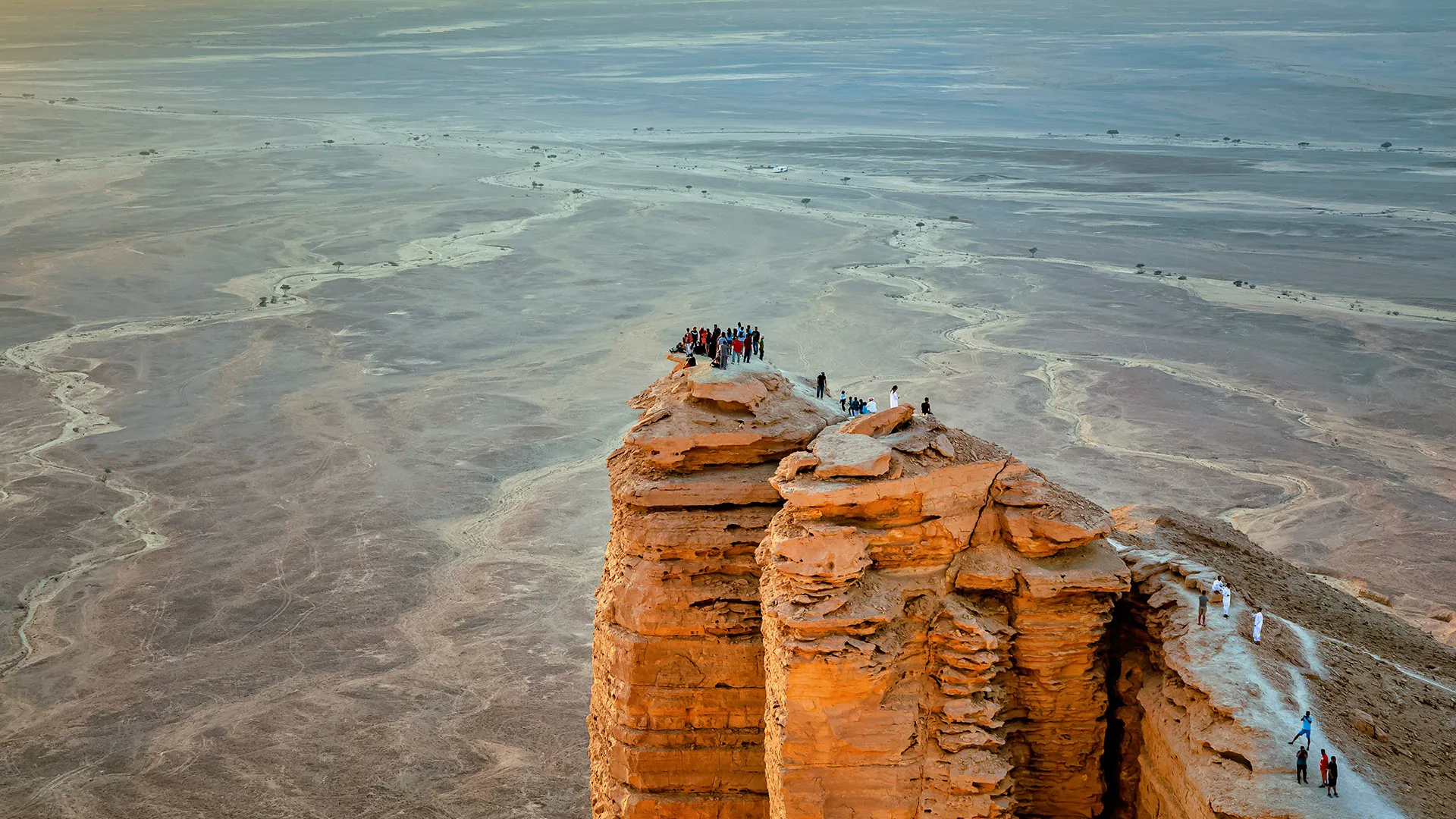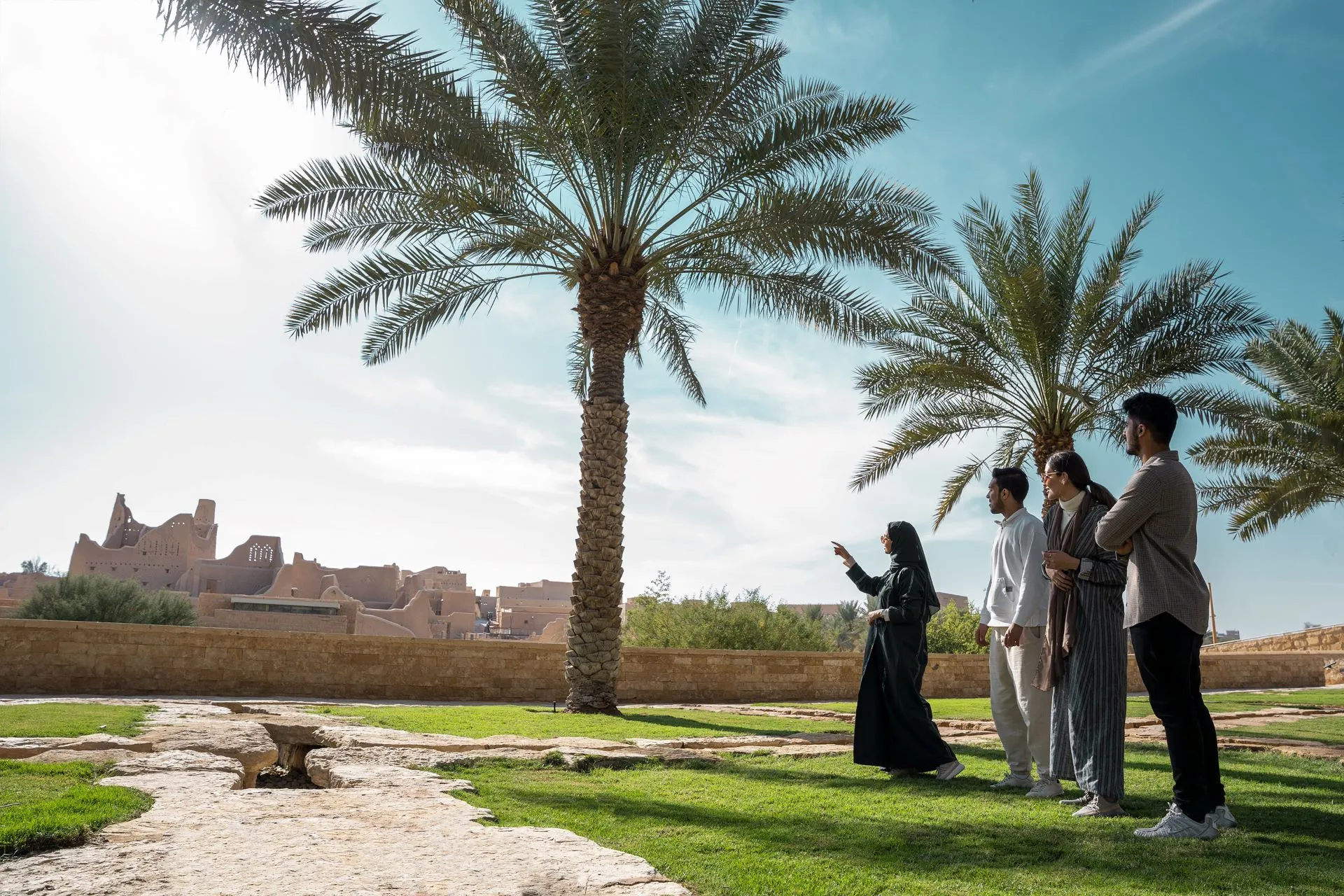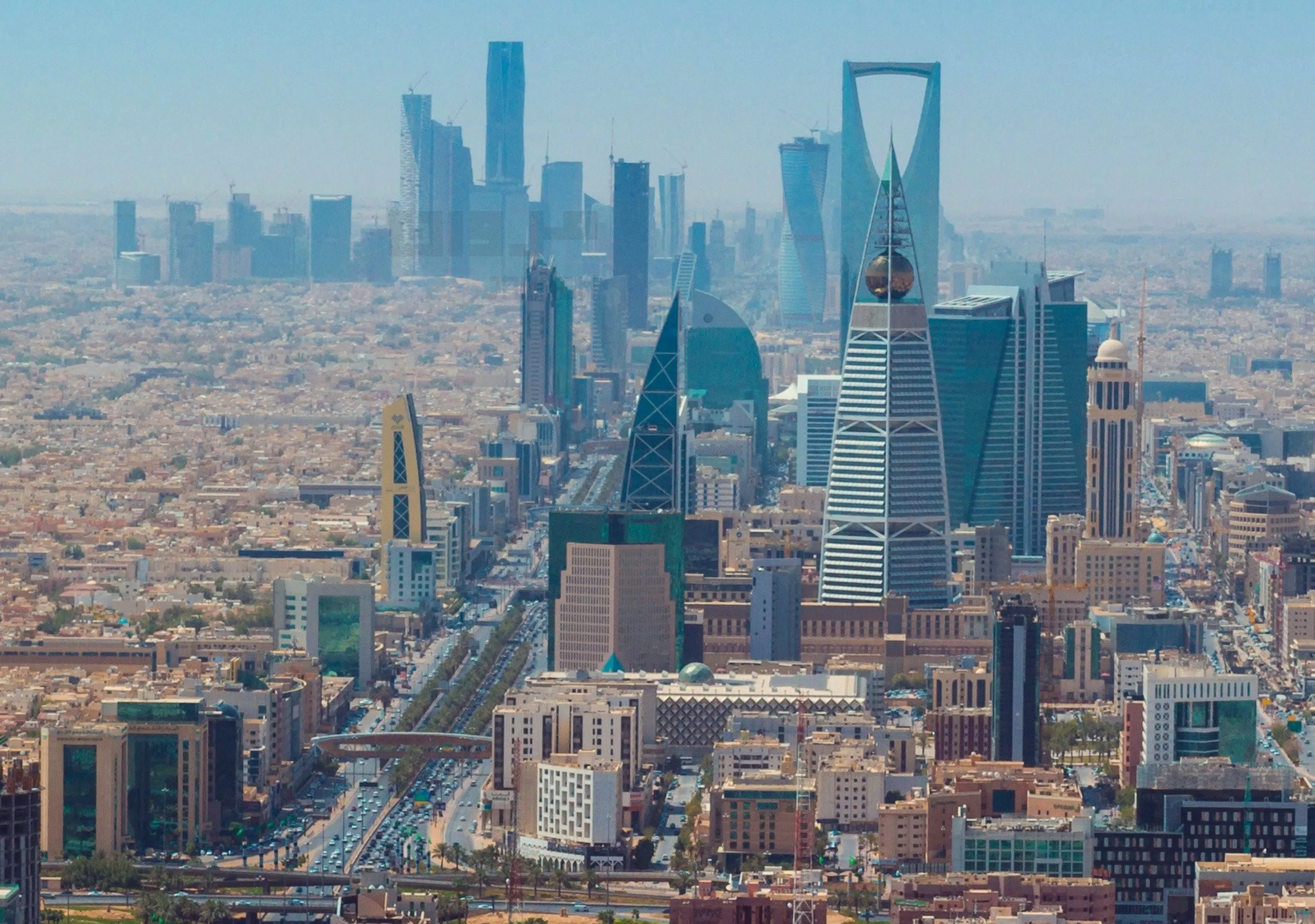
Long before the modern kingdom, the Arabian Peninsula was home to ancient cultures like the Nabateans and civilisations such as Dilmun and Thamud. The pre-Islamic era saw the rise of trade routes and thriving settlements, evidenced by the ruins of Mada'in Saleh or Hegra, a UNESCO World Heritage site that showcases monumental tombs and ancient inscriptions.
The birth of Islam in the 7th century profoundly shaped the region. Makkah and Madinah became the holiest cities in Islam, drawing millions of pilgrims annually, a tradition that continues today.

In the 18th century, the Al Saud family allied with the influential Wahhabi movement, setting the stage for the eventual formation of the modern state. By the early 20th century, Abdulaziz bin Abdul Rahman Al Saud had reconquered his ancestral lands, leading to the official establishment of the Kingdom of Saudi Arabia in 1932.
The discovery of oil in 1938 near Dhahran transformed the kingdom's fortunes. With vast reserves, Saudi Arabia quickly became a global oil giant, a status cemented during the 1973 oil crisis when the oil embargo reshaped global economies.
Oil wealth fuelled rapid modernisation. The 1970s and 1980s saw the construction of vast infrastructure projects, including roads, airports, and the establishment of modern cities. Companies like ARAMCO played a significant role in developing the petroleum industry, while companies like Bechtel helped build essential infrastructure.

The capital, Riyadh, epitomises this transformation. Once a modest town, it is now a bustling metropolis with iconic skyscrapers like the Kingdom Centre and the Al Faisaliyah Centre, reflecting Saudi Arabia's leap into modernity.
iToday, Saudi Arabia stands as a dominant player in the Middle East and a critical global oil supplier. Its influence extends through investments, diplomatic efforts, and leadership in the Islamic world. The country's rapid urbanisation, economic reforms, and social changes draw global attention, positioning it as a key power in regional and global affairs.

Launched by Crown Prince Mohammed bin Salman, the Saudi Vision 2030 initiative aims to diversify the economy away from oil, promote tourism, and modernise society. Its important projects include the futuristic city of NEOM and a 170-kilometer urban development, The Line, designed to have no cars, streets, or carbon emissions. Instead, it will use AI and renewable energy to provide a sustainable, walkable lifestyle, connecting residents through high-speed transit and making nature accessible to all. The Line aims to house one million people and underscores Saudi Arabia’s commitment to environmental sustainability and technological innovation, positioning the kingdom as a leader in the global push towards smart cities and sustainable development.

.png)
.png)
.png)
.png)
